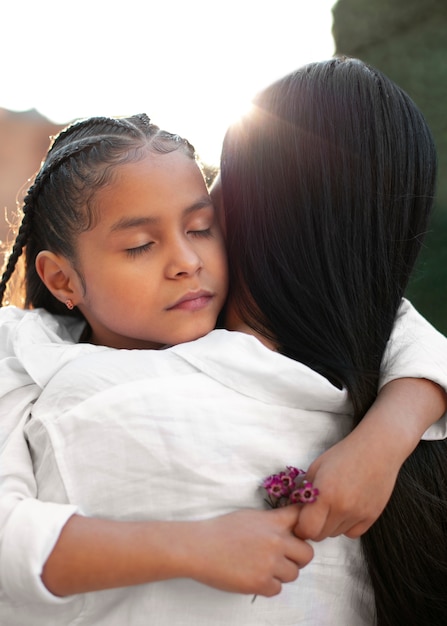Divorce is undoubtedly a challenging experience, resembling the closure of a chapter in a book you once believed would last a lifetime. While the emotional toll can be significant, it also presents an opportunity to embark on the exhilarating journey of writing a whole new book—one that not only brings personal growth and fulfillment but also serves as a powerful model of resilience for your children.
Acknowledge the Emotional Struggle
Divorce often comes with a whirlwind of emotions, including grief, sadness, and uncertainty. It’s crucial to acknowledge and accept these feelings, understanding that they are a natural part of the process. By recognizing the emotional struggle, you pave the way for healing and growth.
Prioritize Communication
Clear and open communication with your children is paramount during this transitional period. Explain the situation in an age-appropriate manner, assuring them that the love between parents and children remains unchanged. Encourage them to express their emotions and concerns, fostering a sense of security and understanding.

Model Healthy Coping Mechanisms
As a parent navigating divorce, your behavior serves as a powerful example for your children. Demonstrate healthy coping mechanisms, such as seeking support from friends, engaging in self-care, and maintaining a positive outlook. Show them that facing challenges can lead to personal growth and resilience.
Create Stability Amidst Change
Divorce introduces change, but it’s essential to establish a sense of stability for your children. Maintain consistent routines and rituals, providing a reassuring environment that helps them navigate the transition with a degree of predictability.
Collaborate on Co-Parenting
Collaborate with your ex-partner on co-parenting strategies. Consistent and united parenting approaches contribute to a sense of security for your children. Prioritize their well-being, and work together to create a supportive environment that extends across both households.

Encourage Emotional Expression
Foster an atmosphere where emotions can be freely expressed. Let your children know that it’s okay to feel a range of emotions, and encourage them to share their thoughts and concerns. By acknowledging and validating their feelings, you help them navigate the emotional complexities of divorce.
Focus on the Positive Aspects
While divorce involves challenges, highlight the positive aspects of the situation. Emphasize the opportunity for personal growth, newfound independence, and the chance to create a happier, healthier environment for everyone involved. Frame the narrative around hope and resilience.
Seek Professional Support
Consider involving a family therapist or counselor to provide additional support for both you and your children. Professional guidance can offer valuable tools for effective communication, coping strategies, and navigating the emotional impact of divorce within the family unit.
Foster Independence
Use this period of change to foster independence in your children. Encourage them to pursue their interests, build strong friendships, and develop a sense of self. Empowering them with the tools to navigate change independently contributes to their resilience.
Reinforce Unconditional Love
Reassure your children that your love for them is unwavering. Emphasize that while the family structure may change, your commitment to supporting and caring for them remains constant. Reinforcing this sense of unconditional love provides a foundational anchor during the transition.
Navigating divorce is an opportunity to craft a new narrative filled with growth, resilience, and positive change. By modeling healthy coping mechanisms, fostering open communication, and prioritizing your children’s well-being, you not only shape a brighter future for yourself but also provide a powerful example of resilience for the young hearts looking to you for guidance.










